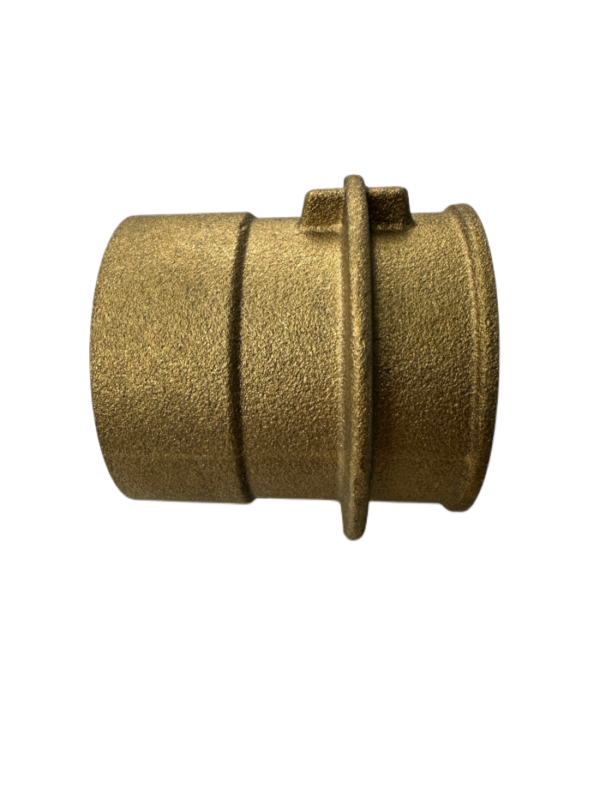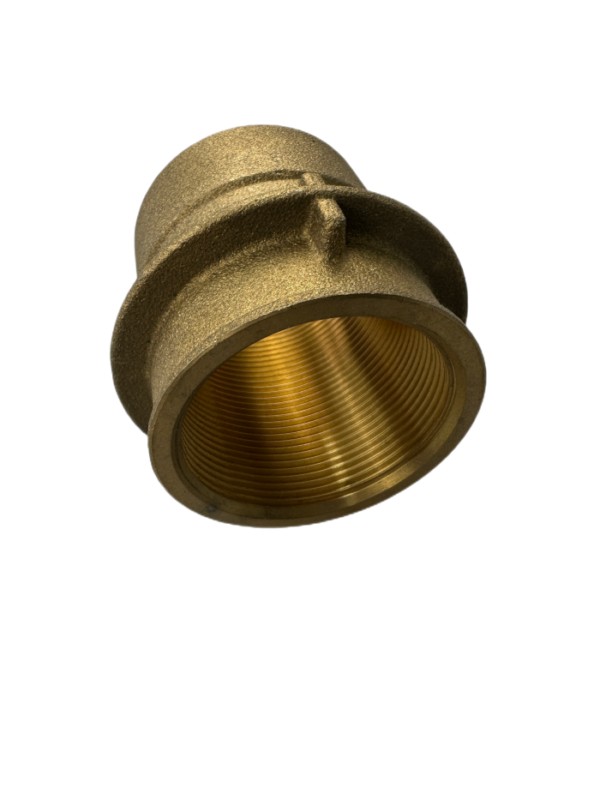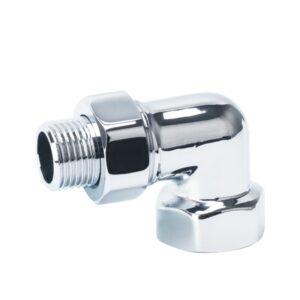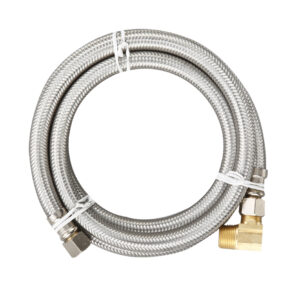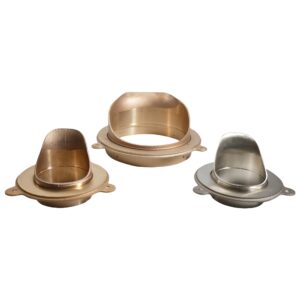Description
Brass Socket with FXF thread
JX-0814
- Pressure: 1000 PSI WOG depends on copper tubing. O.D. uses brass, copper, iron, welded steel, and aluminum pipe.
- Constructed from extruded bar stock
- Temperatures range from -65 to 250 F
- Resist mechanical pull-out
- There are different types of pipe fitting used in piping. Pipe Fittings used in piping work are mainly Elbow, Tee, Reducer, Union, Coupling, Cross, Cap, Swage Nipple, Plug, Bush, and Expansion.
Joint, Adapters, Olet (Weldolet, Sockolet, Elbowlet, Thredolet, Nicolet, Letrolet, Swepolet), Steam Traps, Long Radius Bend, Flanges, and Valve.
What is considered a pipe fitting?
Brass Sockets has a team of professional craftsmen who are experts at turning rough metal into beautiful brass sockets. We offer a wide variety of styles and sizes to fit any application. From antique reproductions to contemporary designs, our collection has something for everyone!
Our brass sockets are made from the highest quality materials and last. We offer a lifetime warranty on all of our products, so you can be sure you’re getting the best possible value for your water control.
Brass Sockets has a wide variety of brass sockets to fit any application. Our team of professional craftsmen turns rough metal into beautiful brass sockets daily.
Benefits of Brass Socket
Brass sockets are popular for agricultural irrigation systems due to their superior durability and longevity. A brass socket is an iintegronpart of an irrigation system, as it connects the main water line to the various outlet points, allowing the water to flow where it is needed most.
Brass sockets are particularly beneficial for agricultural systems because they provide superior corrosion resistance compared to other materials such as iron or steel. This helps prevent damage from rust and wear, which can be costly in terms of time on repairs. Additionally, brass provides better electrical conductivity than other metals, meaning better efficiency when powering pumps or machinery that requires electricity.
Overall, brass sockets offer farmers long-term reliability and cost savings due to thecombustionnstruction and corrosion-resistant properties.
Types of Agricultural Irrigation
Agricultural irrigation is an essential process for farmers around the world. It involves supplementing the naturally occurring rain and soil moisture with additional water to ensure optimal crop growth. To do this, farmers employ various techniques and methods, each of which has benefits and drawbacks.
Irrigation can be divided into two central and pressurized irrigation. Surface irrigation is more traditional and involves flooding. g pressurized water released over open irrigation, on pressurized irrigwater wherever hand, uses pipes to deliver water directly to where it is needed in precise quantities through sprinklers and drip systems. The most common form of pressurized system is center pivots, which have been made even more efficient thanks to modern technology such as brass sockets.
Advantages of Brass Socket
Brass sockets are increasingly becoming popular in agricultural irrigation as they provide a range of benefits to f, making robust brass has good making which makes it strong and durable even when exposed togroundshnments for long periods. This allows underground water systems and farmers to save costly replacements over time.
In addition, brass sockets are affordable and easy to install compared with other metals such as copper or iron. Furthermore, they have excellent electrical conduction properties that efficiently transfer electricity in watering systems. Finally, brass is recyclable, meaning scraps can be reused without compromising quality or performance.
All these advantages make brass sockets ideal for agricultural irrigation, providing farmers with reliable and cost-effective solutions while helping them meet their sustain.
Factors to Consider in Choosing a Brass Socket
When chopurchasingket for agricultural irrigation, several factors must be considered before purchasing. To lens carefully evaluate each socket’s selected product is of quality and has the should evacrucial material composition, size, and threading of each socket carefully.
The most crucial factor to consider is the type of material the socket is made of. Brass is known for its extreme resistance to corrosion and rust; however, some brass sockets may be composed of other materials, such as copper or stainless steel, which could compromise the product’s longevity. Therefore, it’s important to look closely at each socket’s material environmental damaging damage by ecological conditions.
Invest in Quality Brass Socket
Investing in quality brass sockets for agricultural irrigation can be a great way to ensure your irrigation system runs efficiently and provides maximum benefits. Not only are brass sockets solid and resilient, but they are also highly resistant to corrosion, meaning you will have fewer repairs or replacements needed during the lifetime of the socket. Moreover, these connectors offer superior tensile strength and elasticity compared to other metals. This makes them ideal for use in outdoor settings where they must endure extreme weather conditions while still providing reliable performance. Brass is also naturally lubricated, so it won’t seize up like some other materials do when exposed to moisture. Furthermore, with proper maintenance, such as regularly cleaning off dirt and debris, brass sockets can last many years without any issues.


